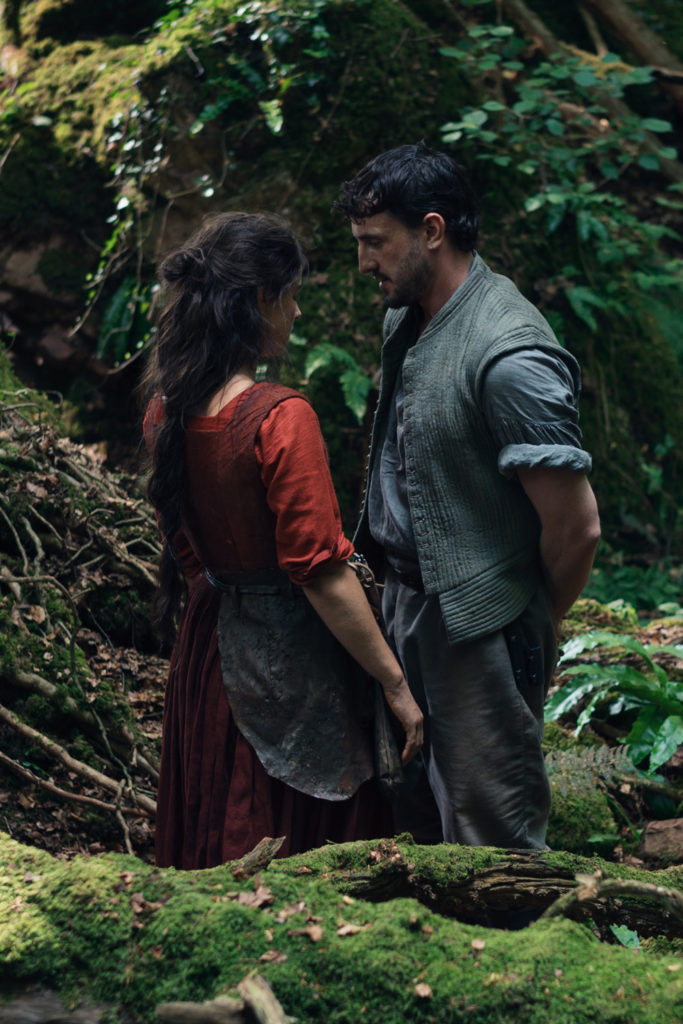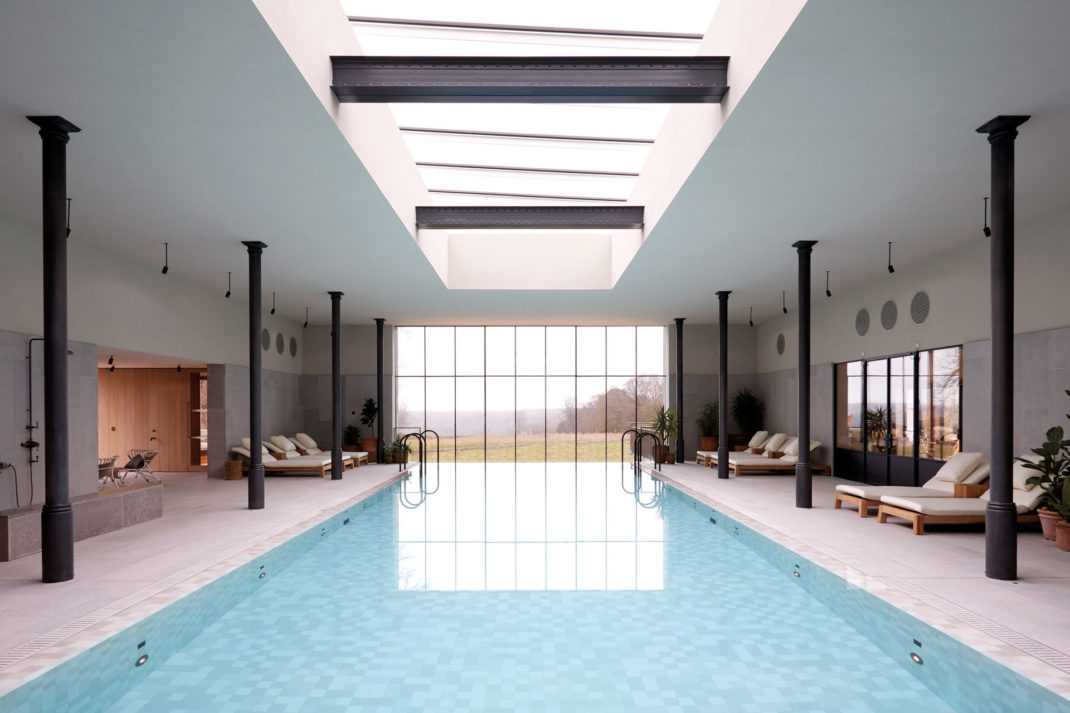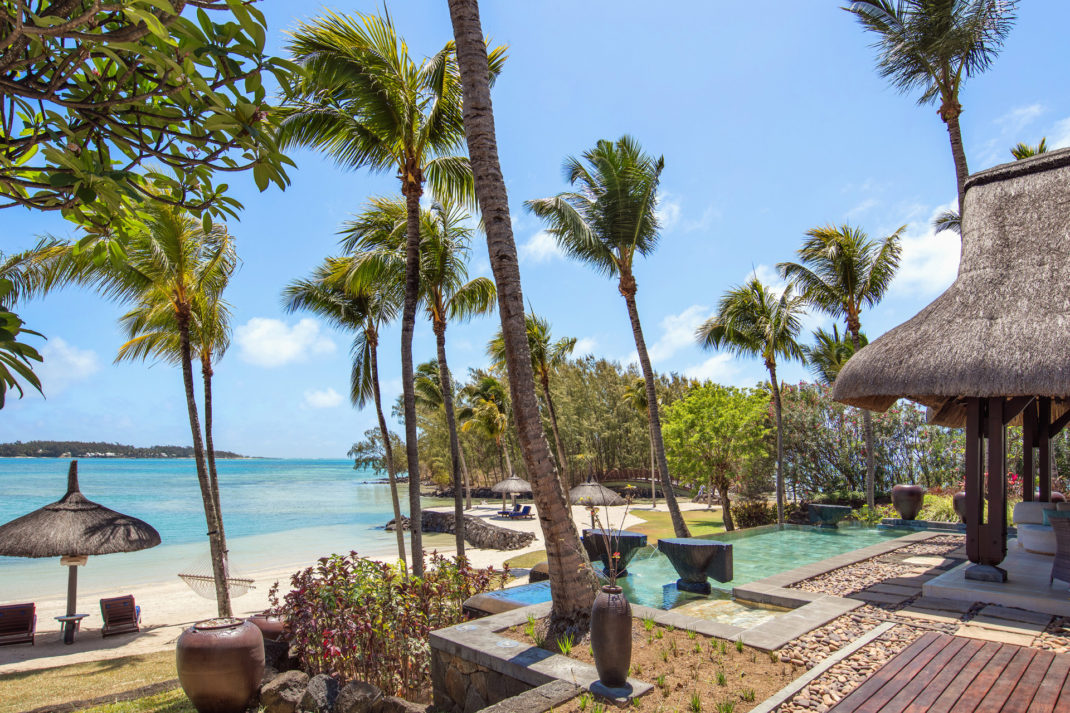So What Does Travel Look Like in a Post-Covid World?
By
5 years ago
From roaming the downs to sunning on Weymouth Beach
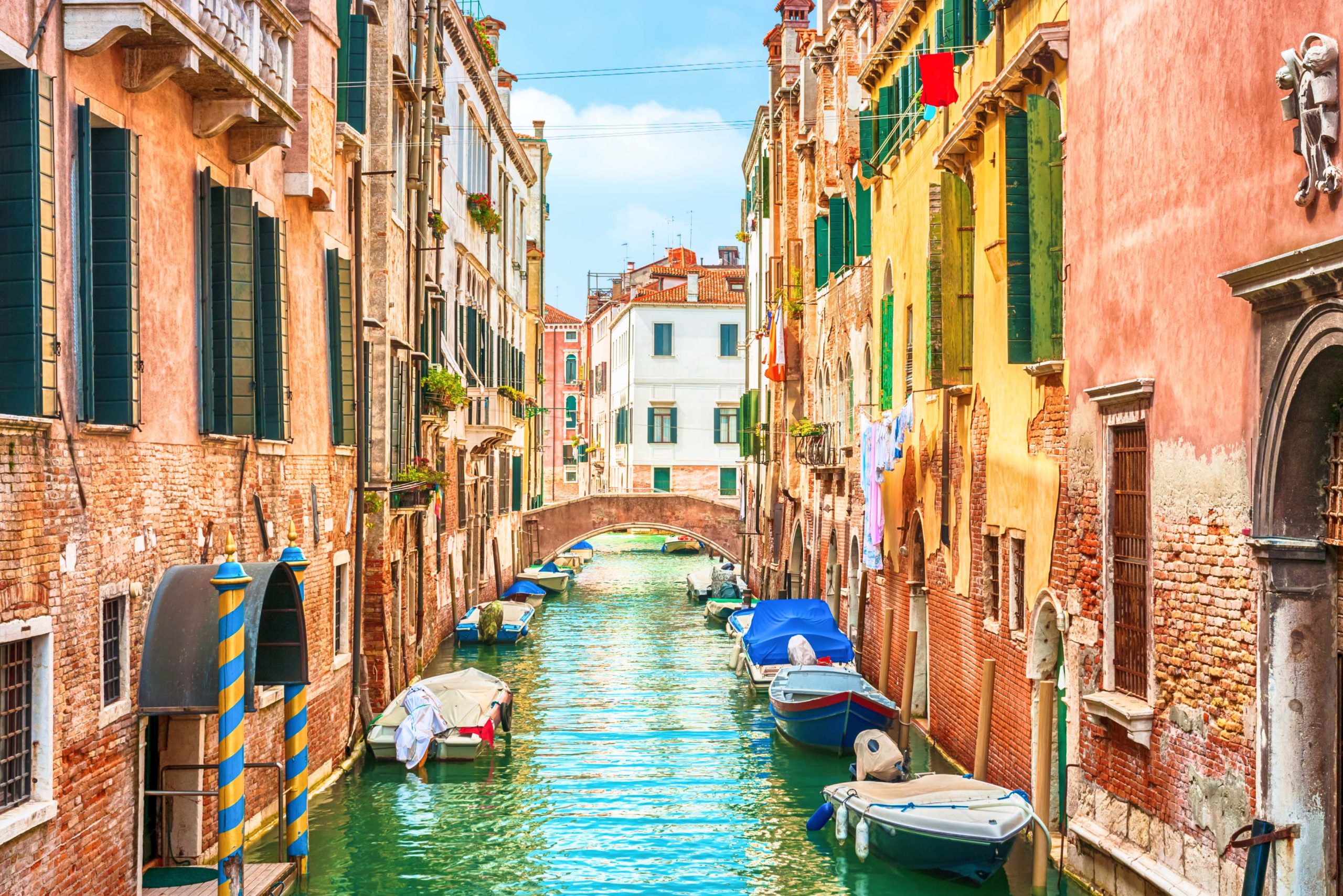
Making predictions is a fool’s game, but that doesn’t stop Nicholas Shakespeare from musing on the future of travel.
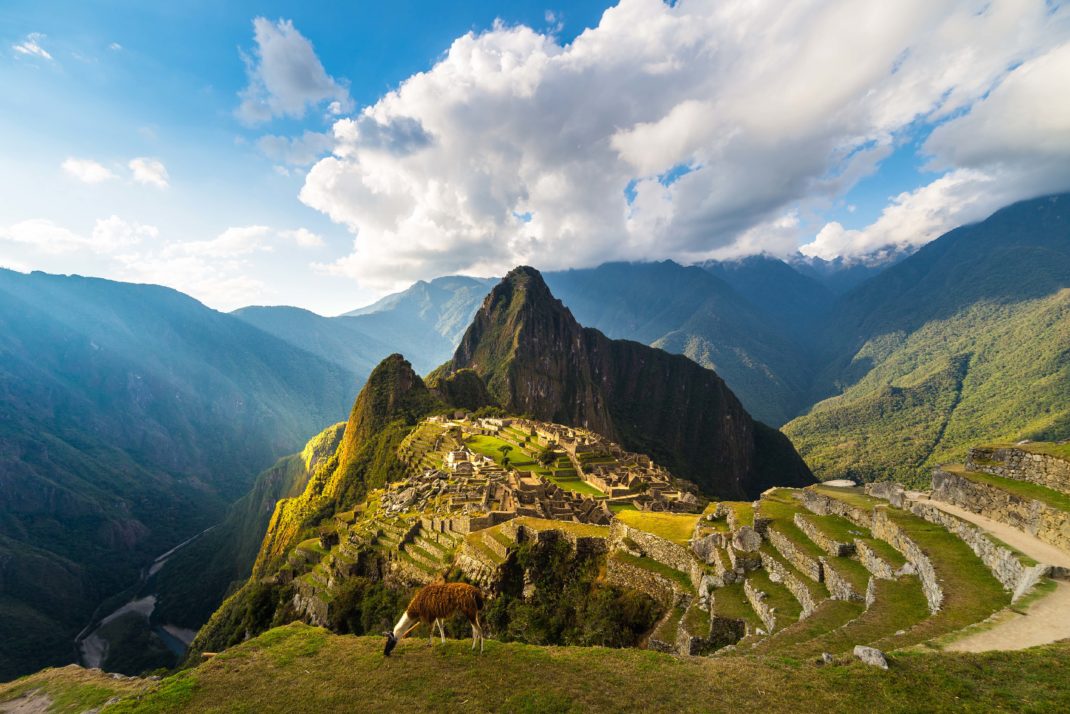
Photo: © Getty
Covid has altered the syntax of travel. It compels us to question not only where we are, but where we might go – plus the best means to get there. Back in 1988, before revolution swept Russia and Europe, we had the confidence to stride out. Afghanistan, Patagonia, Algeria, the Volga, Hong Kong, no place was out of bounds to a westerner with a backpack.
One great strider was Bruce Chatwin, who gave the impression he’d been everywhere. His doubt crept in only at the end. ‘Which do you prefer?’ he asked me at his kitchen table not long before he died. He held up two alternative covers for his forthcoming collection of travel writing. The title on the first cover had a question mark. On the second, it didn’t. His publisher needed to know right away. Bruce, unusually for him, was undecided.
I pointed at the second, which, without the question mark, appeared to calm the sentence down a bit. ‘That one,’ I said. It seemed a small thing, but when What Am I Doing Here became an international bestseller, the question-turned-statement started to haunt me. Chatwin had enjoyed the luxury of tearing around the world without the burden of punctuation, before the age of radical doubt. Since his death in that pivotal year, 1989, the landscape for travellers has changed beyond recognition – post-Aids, post-internet and now mid-pandemic. Chatwin’s question not asked remains unanswered.
Great British and Irish Hotels 2020/2021
These thoughts pattered through my head as I boarded a flight from Faro in August. It was midsummer, in any other year the jam-packed height of the tourist season. Yet with no queues, no waiting, and the plane three-quarters empty, I was transported to another age, back to when I used to fly to Rio de Janeiro as ‘an unaccompanied minor’. With the novelty of a row of Ryanair seats all to myself, I had a hallucinatory moment of feeling absurdly grand, like James Bond in For Your Eyes Only as he crossed the Atlantic strapped into a four-engined Boeing 377 Stratocruiser: eating dinner in peace, sleeping for seven hours in a comfortable bunk, wandering down to the lower deck to have a BOAC ‘country house’ breakfast while dawn flooded the cabin ‘with the first bright gold of the western hemisphere’.
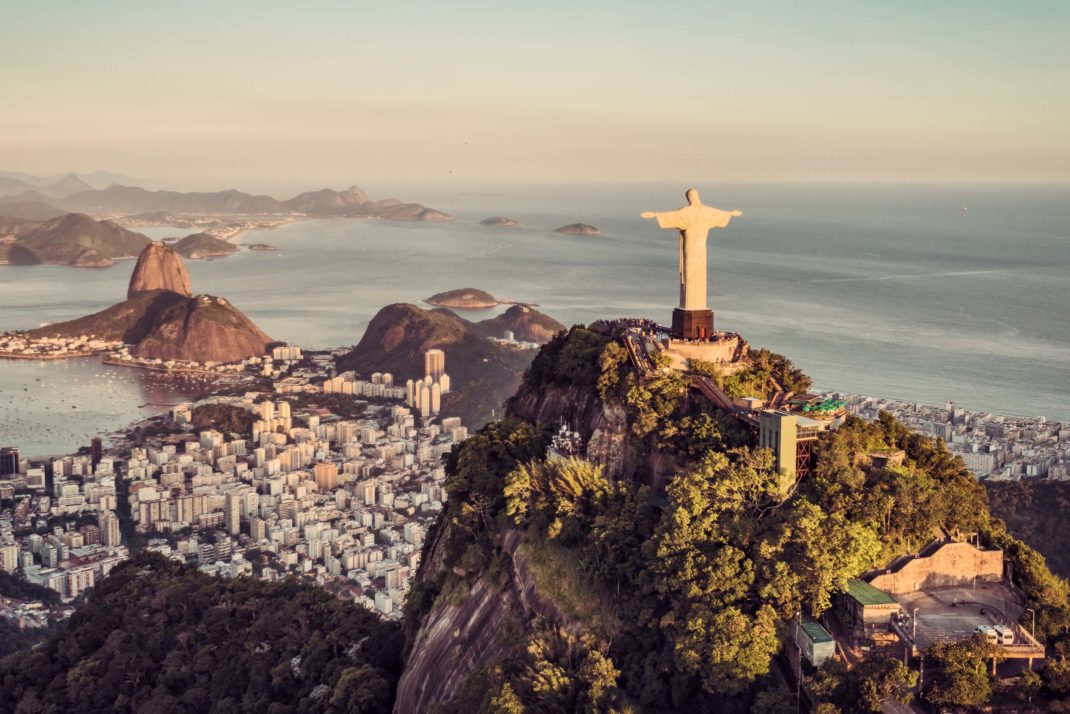
Photo: ©Getty
Sign Up to the Great British Brands Newsletter
For all the horrors of 2020, I felt strangely liberated in a way I hadn’t for ages. My father, a diplomat, grew up before the jet engine was invented. His experiences of travelling as a child of the Empire are frankly astonishing to hear in our post-colonial lockdown. In January 1936, aged five, wearing a black armband because George V had just died, he boarded the troopship HMT Neuralia, accompanying his father to Peking on a posting as medical officer to the garrison guarding the British Legation. The journey along the great imperial route lasted six weeks – as opposed to six and a half days by the more expensive Imperial Airways flying boat.
‘We stopped at all the British bases, either to disembark detachments of troops or to take on coal,’ he recalls. ‘Gibraltar, Malta, Port Said, Aden, Bombay, Penang, Singapore and Hong Kong. On the way from Hong Kong we stopped at Shanghai, which was also a British concession. This meant in effect that throughout the long journey we never once set foot on foreign soil. At every port, the Union Flag was proudly flying and Royal Navy gunboats lay at anchor in the harbour.’ And all this within the cast of living memory. Even up until the 1970s, the Foreign Office required our family to travel to my father’s next posting by boat, since this would be cheaper than flying. My first conscious memory of venturing abroad is a sea journey: I’m standing on deck of the French passenger ship SS Vietnam. We’re on our way to Saigon, and my six-year-old eyes are fixed, mesmerised, on a shoal of silver flying fish gliding above the water.
10 Luxury Eco-Staycations to Book Post-Lockdown
Cruise ships were among the first casualties of the coronavirus. Next came the airlines – Ryanair slashed 60 per cent of its flights the week after I landed back in Bournemouth. Then the car industry. All of a sudden the world, until recently so accessible, was shrinking to a more human radius. Its dimensions – no longer intergalactic, as in the rocket-fuelled aspirations of Elon Musk and Richard Branson; or Antarctic, as in ‘expedition cruises’ out of Ushuaia to the ice cap – were being reduced to our immediate horizons. In other words, to the distances obtained by what was always Chatwin’s preferred method of travel: walking boots.
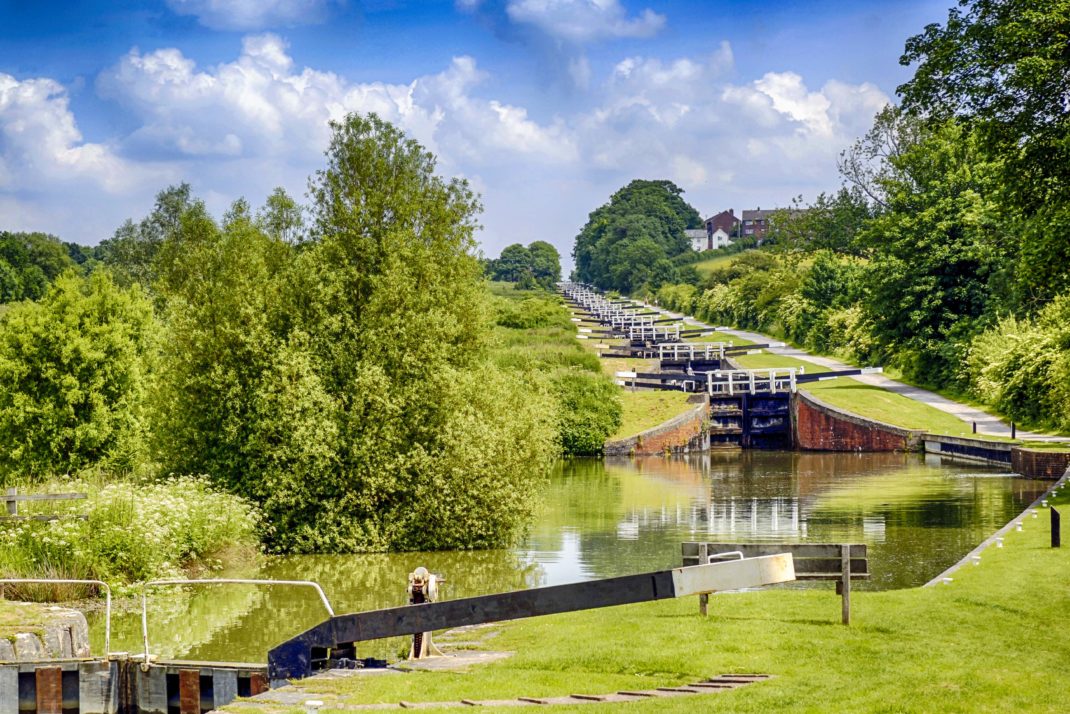
Photo: © Getty
Already, travel in a time of coronavirus has become more inward-looking. I detected among neighbours in Wiltshire an element of disapproval about my visit to Portugal – which had been put back on the naughty list the day before I flew. They would have turned a blinder eye, their expressions said, had I chosen instead to join the spate of tourists on Weymouth Beach. Which brings me to the first of my predictions. We shall rediscover the beauties of our sceptred isle. Oddly, this is precisely what my maternal grandfather once encouraged us to do, during a time of similar upheaval. SPB Mais was a pioneer of radio and the author of over 300 travel books, who rose to prominence during the 1930s Depression, when he was known as ‘the ambassador of the English countryside’.
In January 1932, the BBC commissioned a topographical series from him, This Unknown Island, to encourage tourism to Britain’s holiday resorts. SPB (as he was known) travelled to 17 regions. His message for people to get out and explore what lay on their doorsteps, preferably on foot, held a powerful appeal to those who could not afford the cost of travelling abroad, still less a car.
The public responded in huge numbers. In July 1932 he was joined by 16,000 people on the Sussex Downs to watch the sun rise over the Iron Age fort at Chanctonbury Ring. Four special trains had to be laid on for this midnight excursion. But my grandmother’s favourite story was the occasion when SPB was invited to give a talk at Lewes Prison. He became so excited and enthusiastic about the English countryside that he found himself urging the inmates to get out more, see it for themselves.
Right now, when restrictions make us all feel incarcerated, I am motivated to take a leaf out of one of SPB’s multitudinous travel books (I return to Scotland/Ireland/Wales etc), to recommend some excursions, both at home and abroad, that you can plan for when, eventually, we re-emerge blinking into a post-Covid dawn.
READ MORE
Great British Brands / Eight Charming British Staycations / The UK’s Best Hotels for Foodies

